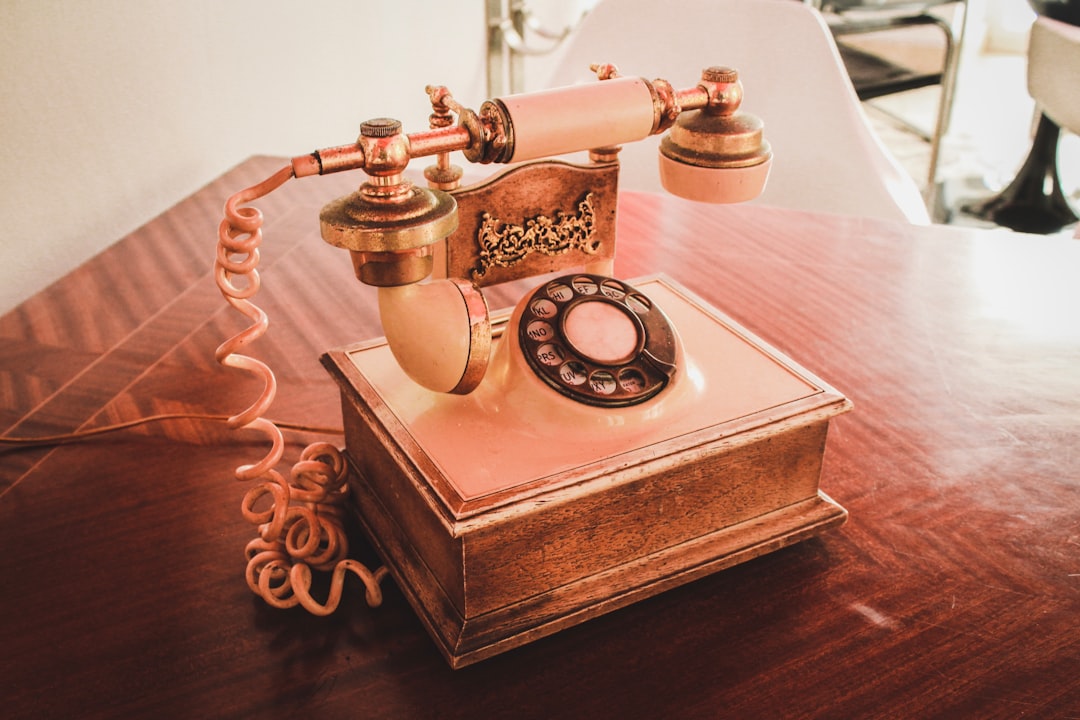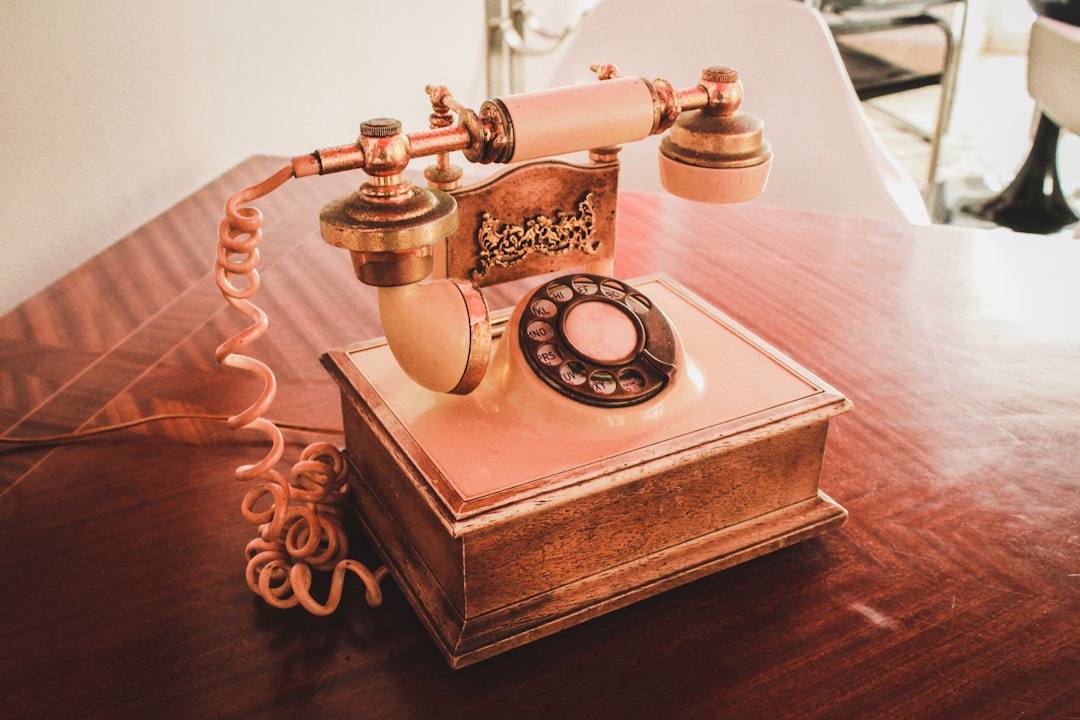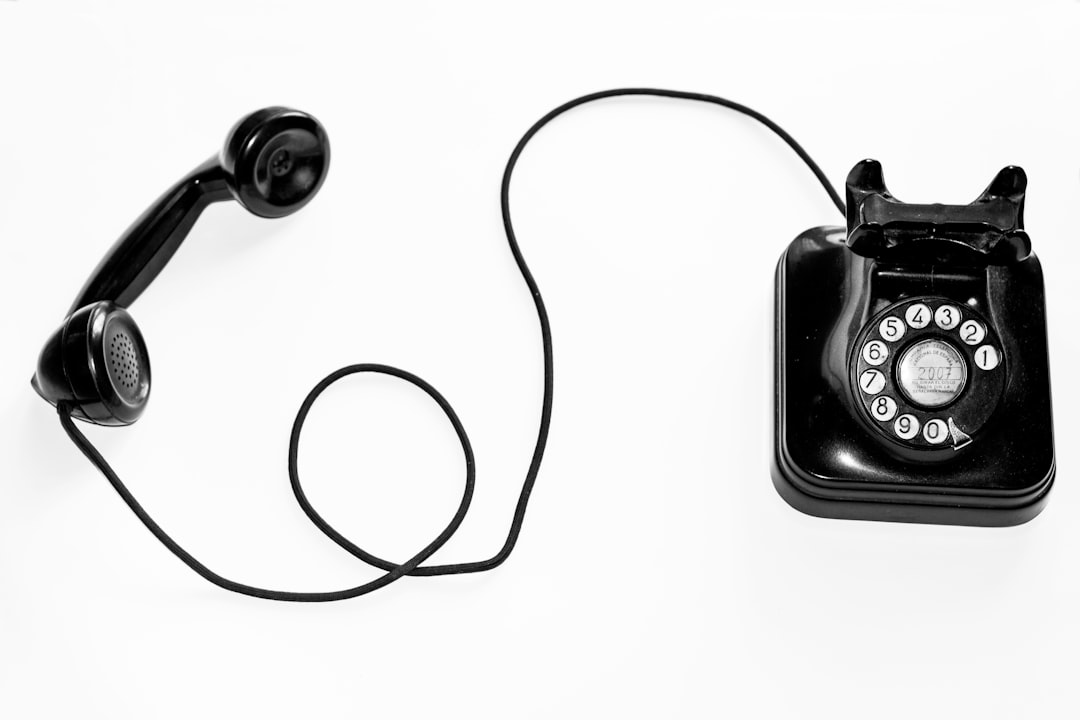Salon and barbershop owners in Montana must understand the Telephone Consumer Protection Act (TCPA) to avoid fines and reputational damage. Using autodialers for marketing requires obtaining explicit consent, providing opt-out options, maintaining call records, and being transparent. Seek an autodialer lawyer or attorney with telecom law expertise in Montana to ensure compliance and protect your business from potential lawsuits.
“Unwind the complexities of TCPA compliance in Montana’s salon and barbershop scene with this comprehensive guide. With strict regulations governing autodialers, understanding the rules is vital to avoid legal pitfalls. This article equips business owners with knowledge on navigating autodialer use, ensuring customer consent, and avoiding costly mistakes.
Explore practical tips for compliance, discover the importance of selecting the right autodialer lawyer in Montana, and learn from legal experts to stay ahead. From legal implications to resources, this guide is your roadmap to seamless TCPA adherence.”
Understanding TCPA Regulations in Montana: A Salon and Barbershop Owner's Guide

In Montana, the Telephone Consumer Protection Act (TCPA) regulations are designed to protect consumers from unwanted telemarketing calls and texts. As a salon or barbershop owner, it’s crucial to understand these rules to ensure compliance and avoid legal repercussions. The TCPA prohibits automated, prerecorded, or artificial voices in marketing calls, except under specific circumstances. Using an autodialer without prior express consent from customers can lead to significant fines and damage your business reputation.
Hiring a qualified lawyer or attorney specializing in TCPA law in Montana is advisable. An autodialer attorney or law firm in Montana can guide you through the nuances of the law, ensuring your marketing strategies comply with the regulations. They can help draft consent forms, provide training for staff, and offer legal advice on best practices to protect your business from potential lawsuits related to autodialer usage.
Navigating Autodialer Use: Compliance Best Practices for Salons and Barbershops

Navigating the use of autodialers in salons and barbershops requires careful consideration to ensure compliance with the Telephone Consumer Protection Act (TCPA). An autodialer is defined as any technology that automatically dials numbers, often used for marketing purposes. In Montana, both businesses and their legal representatives must understand the nuances of this legislation to avoid potential penalties.
Best practices suggest that salons and barbershops consult with an autodialer lawyer in Montana or an autodialer attorney to ensure their marketing strategies are compliant. This includes obtaining explicit consent from customers before dialing, providing a way for recipients to opt-out, and maintaining detailed records of calls made. Additionally, businesses should be transparent about the use of autodialers in their privacy policies and terms of service, ensuring customers are aware of their rights regarding automated communications. By adhering to these guidelines, salons and barbershops can confidently navigate TCPA regulations while effectively promoting their services.
Legal Implications and Resources: Finding the Right Autodialer Lawyer in Montana

When navigating the complex landscape of TCPA compliance, especially with regard to the use of autodialers in marketing efforts, having the right legal support is paramount. Salon and barbershop owners in Montana should seek an autodialer lawyer who specializes in telecom law to ensure they remain compliant without unnecessarily exposing their businesses to legal repercussions. The wrong choice could lead to hefty fines and damaged reputations.
Fortunately, Montana boasts several reputable autodialer attorneys and law firms with deep knowledge of the TCPA. These experts can help business owners understand when and how to use autodialing legally, draft consent forms that adhere to regulations, and take prompt action in case of any legal disputes or violations. They can also guide clients through ongoing compliance requirements, ensuring peace of mind for salon and barbershop operators across the state.






